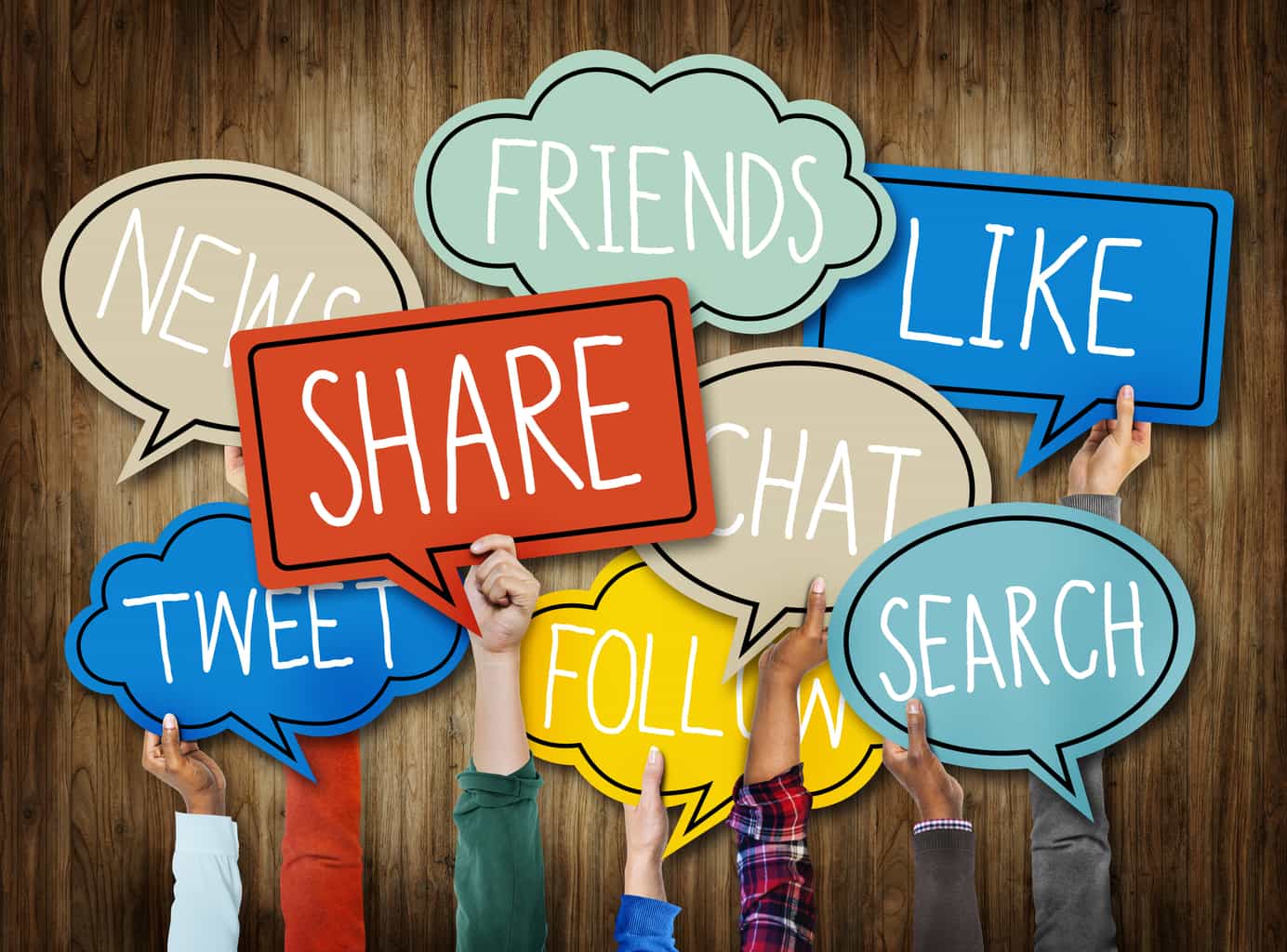
[cmamad id=”11866″ align=”center” tabid=”display-desktop” mobid=”display-desktop” stg=””]
One of the things that has interested me for a long time is
whether participating in social media makes you happier or sadder.
Note this: I’m not talking here about using Skype to talk your grandchild or using email to stay in touch with your nephew.
I’m talking about Facebook, Instagram, Snapchat – those places where you are encouraged to read what your so-called “friends” are doing, “like” their comment or their activity or their photo, and write about your own stuff.
I will admit right now that I do not use Facebook. I do not use Instagram. I do not use Snapchat. It’s not that I don’t have a Facebook account. I do. I just don’t use it.
The last time I tried to log in to my account, they wanted me to send a copy of my driver’s license – and I said no. So I can’t even get into my account anymore.
Anyway, the point is this:
I wanted to find out if social media can be used for good, or if it only makes us unhappy.
Many studies have been done. The one I’m about to tell you about was done with young people, so it may or may not be applicable to people who are a bit older like you and me.
I think there is some validity to it, but you’ll see that I don’t buy into it completely.

The study surveyed about 1,800 adults under 32 years old. The sampling was designed to represent all races and religions in different socioeconomic groups in the United States.
[cmamad id=”11867″ align=”center” tabid=”display-desktop” mobid=”display-desktop” stg=””]
They found that the most active users of social media were much more likely to feel a sense of social isolation.
those in the highest quartile of social media use had more than three times the odds of feeling social isolation
While this study does demonstrate that heavy users of social media (at least the younger ones) are more likely to feel social isolation than other users, it doesn’t address the possibility that those people may be using it to self medicate.
Maybe they’re better off using social media because they would be go off the deep end if they didn’t.
Also, what about older people? Are older people better off or worse off if they use social media? Is there a strategy for using social media that will benefit your mental health rather than hurt it?
Fortunately, some researchers at the University of Michigan and Maastricht University have done a very high-quality analytic review of studies on this topic.

I generally frown on these types of reviews, but I think this one is worth paying attention to.
Of course you can experience anxiety and depression because of using Facebook. I forget who said this (it’s not from the study) but it says it all:
“The problem with Facebook is we compare everyone’s highlight reel to our behind-the-scenes.”
But these researchers found that there is a pattern of Facebook usage that enhances feelings of connectedness and happiness. You can use Facebook in a way that makes you feel better about yourself and others.
The researchers made a clear distinction between active use and passive use.

So there it is: Active use improves people’s feelings of well-being and connectedness.
A good example would be reaching out to your niece who you haven’t talked to in a while.
You post a message asking her about her life and she replies.
Now you have an interaction with your niece that you did not have before.
Would it be better to get together with your niece in person? Probably, but that may not be possible in today’s world.
Passive use is looking at your newsfeed, seeing what your friends are doing, and liking their posts and maybe adding a quick comment of empty encouragement.
People are indeed posting their “highlight reel”
And they’re not talking about how they’re feeling inside, or the difficult or even terrible moments they are experiencing.
The nightmares in their lives, the waking up at four in the morning wondering if life’s worth living.
None of that goes into Facebook.
So when you just passively use social media, you can’t help comparing what you know about your life to how people present their lives. And that can cause you to feel envy and anxiety.
So the key is this: If you are going to use social media like Facebook,
make sure that you are actively participating.
Make sure you’re not just opening the newsfeed and reading what your friends and relatives are up to.
Make sure you’re doing your own posting. And monitor your feelings to make sure using Facebook is serving you well.
One of the most powerful things my daughter ever did was to completely delete her Facebook account. For years she lived on Facebook. She was on it constantly. Then she went cold turkey.
And she was never happier.
Now we know there is a secret to using Facebook and Instagram and Snapchat.
The secret is to create your own posts.
Reach out to other people and connect in ways that you haven’t done before.
Don’t use Facebook passively. Use it actively, and it will help you to feel happier and more connected.

http://www.sciencedirect.com/science/article/pii/S0749379717300168
Do Social Network Sites Enhance or Undermine
Subjective Well-Being? A Critical Review
http://selfcontrol.psych.lsa.umich.edu/wp-content/uploads/2017/01/sipr12033.pdf

Leave a Reply